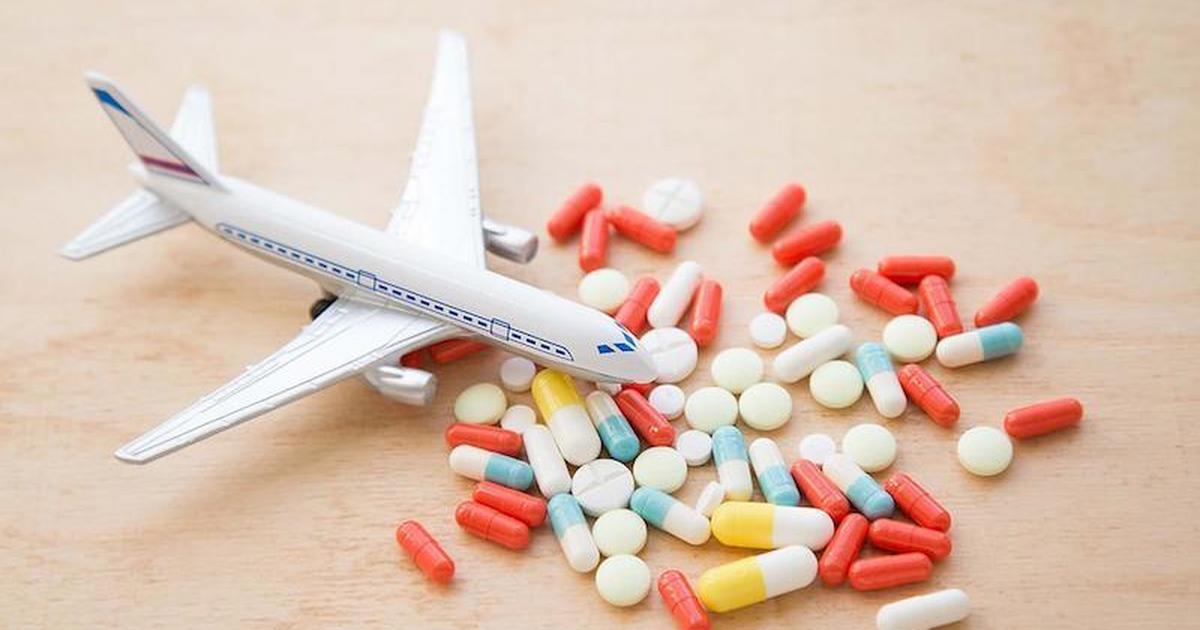Different states have rules and regulations about what medications are allowed. What may be a permanent order at home may be considered illegal or require special permission in other countries.
Here are five common types of medications that can cause problems when traveling, to ensure that the trip goes smoothly within customs.
1. Opioid drugs
Opioid painkillers such as oxycodone, hydrocodone, and codeine are heavily regulated or banned in many countries due to their potential for abuse and addiction. This medicine is used to treat moderate to severe pain but can only be taken with special permission in some areas. For example, countries like Japan and the United Arab Emirates have strict laws regarding these things.
2. Factors that trigger ADHD
Medications such as Adderall and Ritalin, used to treat ADHD, contain amphetamines that are classified as controlled substances in several states. These drugs may be heavily regulated or banned altogether, as they are associated with a high risk of abuse. Always check the specific laws of the country you are traveling to, as you may need a prescription or special permit to carry them.
3. Medical marijuana and CBD products
Although cannabis and CBD products are legal in some states in the US, they are illegal in many countries around the world. For example, Singapore, Indonesia and Malaysia have very strict laws against any type of marijuana, including medical marijuana. Carrying these products without a valid permit can lead to severe penalties, including fines and imprisonment.
4. Benzodiazepines
Drugs like Xanax, Valium, and other benzodiazepines, which are often prescribed for anxiety and insomnia, are strictly controlled in many countries. These drugs are known for their calming effects but also have a high potential for dependence. Some states require you to have a prescription and a medical note explaining why you need this medication.
5. Pseudoephedrine
These are over-the-counter cold and cough medications like Sudafed, and pseudoephedrine is banned in countries like Japan and Mexico. Although it is often used to relieve nasal congestion, it can also be used to make methamphetamine, which has led to its control in many areas. It is important to check if your cold medicine contains pseudoephedrine and if it is allowed in the area you are going to.
What to do before you go
- Check the regulations: Always research the regulations of the country you are visiting. Contact the embassy or consulate if you are not sure if the medicine is allowed.
- Proper documentation: Carry a prescription that explains why you need the medication, including dosage and treatment plan. Make sure the prescription is in the original packaging with your name on it.
- Approvals and licenses: Some states require special licenses for certain medications. Make sure you get them in advance.
- Carry an adequate supply: Bring enough medication for your trip, including a small extra in case of delays, but avoid bringing more than a 30-90 day supply unless absolutely necessary.
Always stay informed about the rules and regulations of your destination when traveling abroad, to ensure a smooth and stress-free trip.
This content is created with the help of an AI model and verified by the author.
#medications #legal
